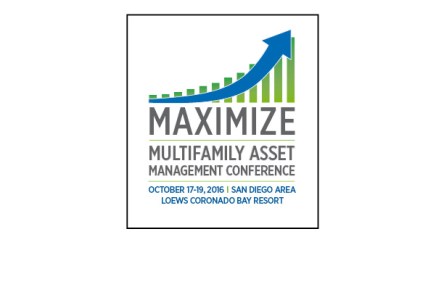Are you feeling energized for 2018? It’s a new year, bringing fresh challenges and opportunities. And while every January can inspire a list of resolutions, for every real estate business one goal is likely to top the list year after year: reduce costs. When it comes to lowering operational expenses, going paperless for as many tasks as possible is smart. And here’s some great news: it’s easier to do than you might think, and the benefits are big. For Dallas-based apartment manager LumaCorp, centralizing and automating procurement and payables processing on its mobile Yardi property management platform using Yardi Procure to Pay has not only reduced costs for the company, but also saves its staff valuable time (in addition to sparing more than a few trees). And in just three months, by eliminating the cost of transporting invoices by courier, Procure to Pay paid for itself. Better Buying and Bigger Discounts LumaCorp manages 24 apartment communities with more than 6,000 units. According to Larry Orth, LumaCorp’s controller, the company’s maintenance, repair and operating supply costs fell by 4 percent the first year after adopting Yardi Procure to Pay, an end-to-end, paperless procurement and invoice processing system that’s part of the Yardi Multifamily Suite full-business platform. Orth said, “For me, the great thing about it is the time efficiency, both at the properties and in the accounting department. We are a full service Procure to Pay client, so the processing is handled by Yardi, which takes a lot off our onsite people’s hands. All told, Procure to Pay has reduced by up to 40 percent the time our team spends on the payables process. And it’s a paperless system, which obviously also benefits the environment.” LumaCorp has also gained savings from the negotiated pricing across...
Smarter Acquisitions
Avoiding Nasty Surprises
Shrewd apartment owners understand that the greater financial value in an apartment transaction can be had during the acquisition—not the exit. Industry veteran Ian Mattingly, President of LumaCorp in Dallas, speaks from experience. He is part of a management team that carries more than 90 years of investor experience when it comes to applying due diligence. LumaCorp owns 24 communities that include over 6,000 total units. It has made 45 acquisitions in the past 32 years. Mattingly is one of three panelists who will speak about how to avoid “nasty surprises” during the process at a session at MAXIMIZE: 2016 Multifamily Asset Management Conference at Loews Coronado in the San Diego area Oct. 17-19. “When we begin our talks with new investors, we like to tell them that we have a lot of experience in making mistakes,” Mattingly says. “We tell them not to expect everything that happens when buying and selling apartments to work out perfectly. We have made our fair amount of mistakes. But what we also tell them is that we won’t make the same mistake twice.” Mattingly, whose firm focuses on Class B and C properties in Texas, will share knowledge about the process that is applicable to any apartment market. Among his focus will be re-inspections, city and county governments, building codes, fire codes, lease addenda, repairs and resident audits. “We specialize in markets where the bulk of the apartment product was built in the 1980s.” Mattingly says. “So we’ve been buying ‘80s-vintage properties for over 20 years. Of course, those properties are a lot older now than they were 20 years ago.” Inspections. Mattingly says it’s easy to overlook issue with city codes and inspections during due diligence. “You’ll find that as some of these buildings get older,...


